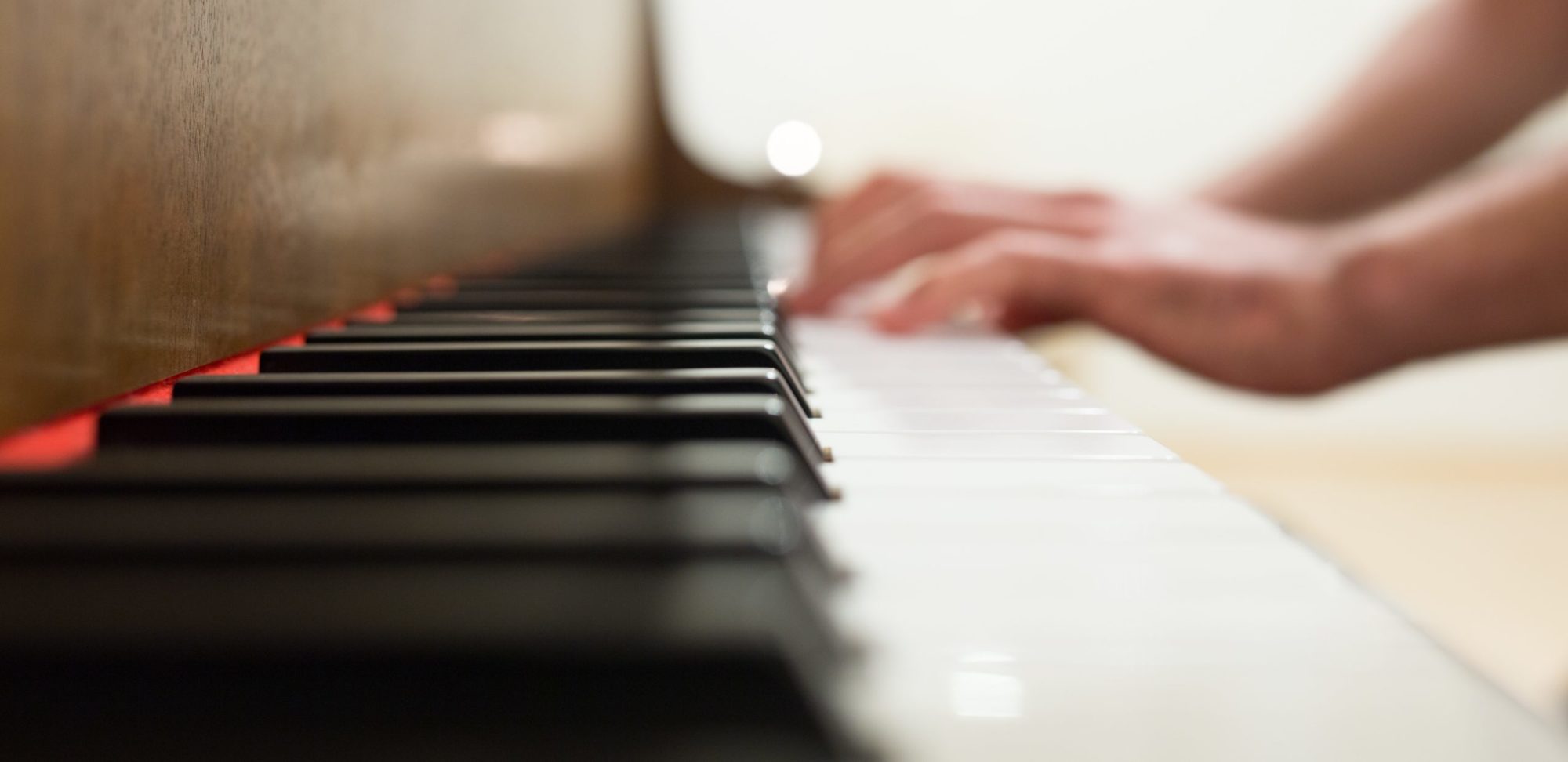Monday – Friday: 3p – 8p
2023 Virtual Recital
Students in Action
Check out our 2021 VIRTUAL WINTER RECITAL!
New Lesson Availabilities
Please email m@critespianostudio.com for available lesson times.
Practice Tips 101
Stuck on a difficult section of a new piece? Here are some tried and true tricks to help you master that difficult passage.
- Analyze your fingering. Is there an alternate fingering that would give you an advantage? (don’t be afraid to pencil up your score with fingering numbers!)
- Play each hand separately, perfecting just the right hand alone and then the left hand alone.
- When you have mastered each hand individually play them together SLOWLY, increasing speed gradually as you build up the muscle memory for that specific measure or line.
- Focus on that measure or passage ONLY – don’t start from the beginning of the piece when you hit a spot that is difficult to master.
- Finally, remember that your attitude plays a huge role. Be determined to master that section and don’t give up!
Consistency is Key!
In my last post, I discussed consistent practice and its benefits. To broaden the scope further I would like to chime in on the importance of consistent weekly lessons. In order to achieve steady progress as a beginner pianist it is crucial to get weekly feedback from your piano instructor. Each week your piano instructor will monitor your progress and tailor next week’s goals based on how well you learned the concepts from last week – keeping you/your child on a steady track forward!
Sometimes, parents will cancel a lesson citing lack of sufficient practice as a reason. I always encourage the parent to keep the lesson. Going over last week’s assignments, together with your piano instructor, will be of more benefit to your student. It will help cement the concepts taught last week with the possibility of introducing new materials and concepts – again – to keep your student on a steady track forward!
Every piano lesson is an opportunity to stay on track, get back on track and/or move forward in developing your child’s skills as a pianist. The work your student puts in, at their piano at home in between lessons, will determine how rapidly they will move through the material.
A big thank you to parents! Your dedication to your child’s love of music is the foundation on which all musical growth is built upon.
M. Crites
Daily Practice: Use it or Lose it!
Studies show that practicing the piano 10 minutes a day/5 days a week is far more effective in building and retaining skill than 1 or 2 longer practice sessions per week. Muscle memory and internalization of skill comes with repetition.
For students struggling to fit practice sessions into their daily routine – a great time to practice is right before completing homework/studying for a test. Why? Because playing the piano is like a work out for your brain! Every major part of the central nervous system is engaged, the executive functions of your brain are on high alert and sensory input is at a maximum. Make piano practice part of your pre-homework strategy.
